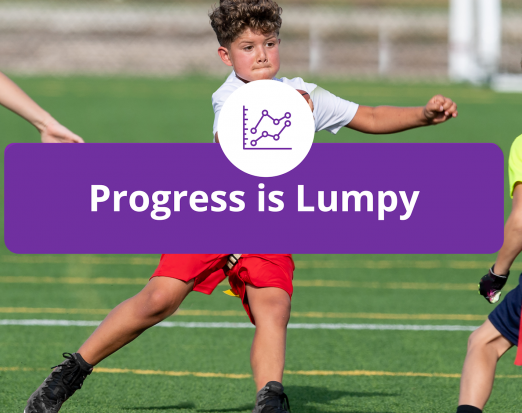The primary school that makes every pupil run a MILE a day in drive to cut childhood obesity

A primary school is making all children run a ‘daily mile’ in a bid to improve their fitness and focus their minds.
Teachers have sent pupils out every day to walk or run a mile for the last three years, and claims none is overweight as a result.
Researchers from Stirling University are undertaking a study of St Ninians in the city to determine whether the daily mile should be adopted nationwide.
Dozens of other primaries across Britain have already adopted the scheme for the new school year as part of their drive to cut childhood obesity.
Daily miles are now run in schools in London, Gateshead, Wales and other parts of Scotland, with 30 schools in Stirling alone taking part. One in 10 children are obese when they start school at the age of four or five, according to figures from the Health & Social Care Information Centre.
Elaine Wyllie, headteacher of St Ninians, said: ‘I get at least two emails a day from other schools and local authorities asking how we do it. The thought of children across the country running every day because of something we’ve done is phenomenal.
‘It’s a commonsense approach to children’s fitness, which is free and easy. The most important thing is that the children really enjoy it, otherwise you couldn’t sustain it. They come back in bright-eyed and rosy-cheeked, how children used to look. It’s joyous to see.’
At St Ninians, teachers take their pupils out of lessons on to a specially built circuit around the school’s playing field for their daily mile whenever it best suits that day’s timetable.
Experts recommend all children spend an hour a day being physically active in order to remain healthy.
Kevin Clelland, a teacher at Thorner Church of England primary school in Leeds, said his school was planning to introduce the scheme.
He added: ‘It’s such a simple thing to do but seems to have such an amazing impact.’
Active Cheshire, a strategic body for sports and fitness in Cheshire and Warrington, is considering introducing it across 450 schools in the region if a pilot is successful.





